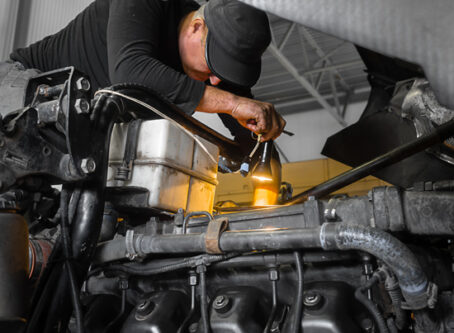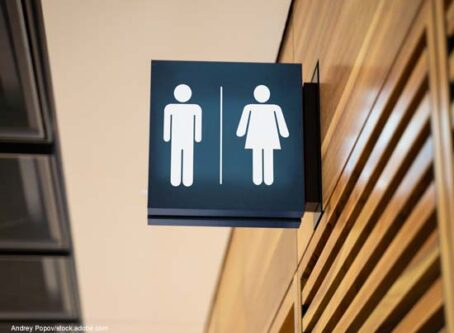Oregon bill addresses transportation funding, tolls
Work continues at the Oregon statehouse to advance an omnibus transportation package that would benefit major road projects covered in a 2017 transportation funding bill.
Four years ago, the Oregon Legislature approved and Gov. Kate Brown signed into law a 10-year, $5.3 billion transportation bill to benefit major highway expansion and improvements to mass transit via taxes and fees, including tolls.
A 4-cent increase in the state’s 30-cent fuel tax rate took effect Jan. 1, 2018. Additionally, 2-cent increases were included to follow every two years through 2024. At that time, the gas tax rate will reach 40 cents.
For professional drivers, proportionate increases were applied to the weight-mile tax, trip permits, and variance permits.
Fuel-efficient vehicles also have higher fees to help compensate for generating less fuel-tax revenue.
HB3055
A bill introduced this year at the statehouse, HB3055, would give the state flexibility in funding major projects outlined in HB2017.
Major transportation initiatives that would benefit from additional funding include plans to replace and seismically retrofit the Boone Bridge on Interstate 5, the expansion of I-5 near the Rose Quarter, and improvements along a 7-mile stretch of I-205 between Stafford Road and state Route 213.
The projects would receive $30 million annually.
Tolls
The 4-year-old law “Keep Oregon Moving” also authorizes the Oregon Department of Transportation to charge tolls on I-205 in the Portland area. Revenue would be applied for purposes that could include transit and pedestrian projects.
HB3055 would permit the state to continue working on a toll program. Toll collection would be limited. Specifically, the state DOT could only collects tolls to cover costs of adding lanes along I-205.
Oregon’s state treasurer also would be authorized to issue tollway project revenue bonds to finance tollway projects.
The state’s short-term borrowing authority would be increased from $100 million to $600 million. The maximum maturity of short-term obligations would also be extended from three to five years.
Critics weigh in
Concerns voiced about the bill include plans to use money needed for local work and instead apply it to freeway widening.
Opponents say widening projects would not solve traffic congestion. Instead, they want more money to benefit transit.
HB3055 is in the House Transportation and Economic Development Committee LL
More Land Line coverage of news from Oregon.









